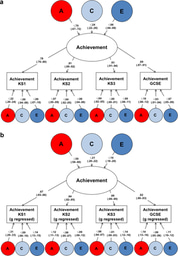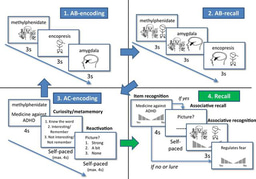Editorial Summary—No intrinsic gender differences in children’s earliest numerical abilities
Published in Neuroscience

Girls and boys show no cognitive differences in mathematical ability during infancy and early childhood across multiple tasks. To compare boys’ and girls’ early mathematical thinking, Alyssa Kersey and colleagues at the University of Rochester and University of Pittsburgh examined performance on three milestones of numerical development: numerosity sensitivity, counting range, and early mathematics achievement. Researchers tested not only for statistical differences between boys and girls but also statistical similarities. Across all aspects of early mathematics development, boys and girls exhibited no statistical differences and instead generally showed statistical equivalence. The results suggest that girls and boys begin development with an equivalent cognitive capacity for mathematics.
The original research article is freely available in our companion journal npj Science of Learning here.
Follow the Topic
Your space to connect: The Psychedelics Hub
A new Communities’ space to connect, collaborate, and explore research on Psychotherapy, Clinical Psychology, and Neuroscience!
Continue reading announcement




Please sign in or register for FREE
If you are a registered user on Research Communities by Springer Nature, please sign in